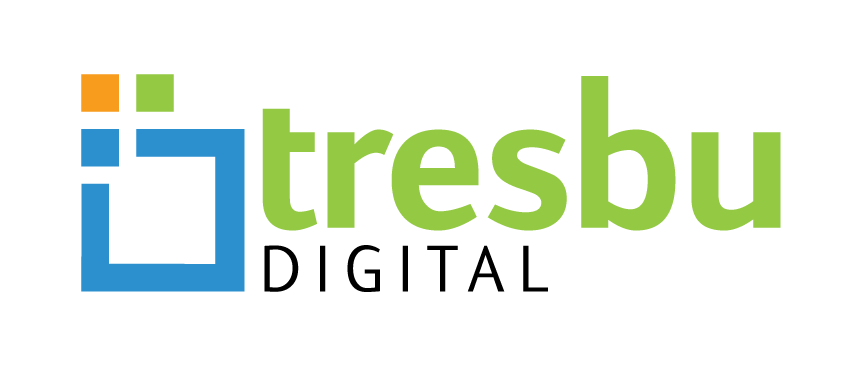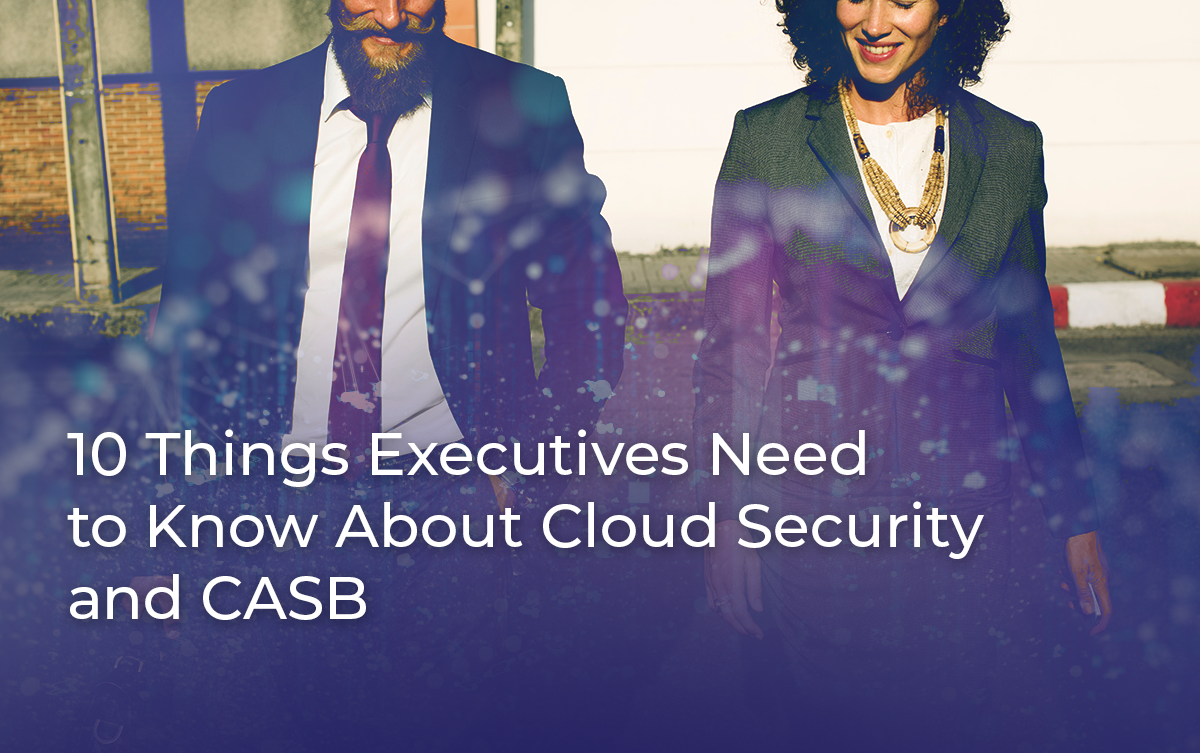Despite these benefits, not all organizations are comfortable with moving to the cloud. The growing number of cyber attacks and rampant cases of enterprise data breaches raise the issue of cloud security, forcing businesses to consider the question: how secure is data on the cloud?
Cloud Security and CASB
Staying relevant and competitive in today’s globalized business environment requires organizations to transition to the cloud. As such, executives need to understand cloud security and take the necessary steps to protect their data while enjoying the irresistible benefits that the cloud brings to the table.
Let’s take a look at 10 things executives need to know about cloud security and CASB.
- Standard security protocols also apply to the cloud. This includes user logins, dedicated application access, single sign-on, multi-factor authentication, and robust passwords, among others.
- Public cloud providers have large, dedicated teams of security experts who continuously optimize the performance and security of their cloud infrastructure.
- To boost the cloud’s built-in security protocols, enterprises can deploy third-party detection, reporting, and monitoring tools on their cloud-based servers.
- Although private clouds are not necessarily more secure than public clouds, they have dedicated infrastructure for each of their clients. It is ideal for businesses that prefer segmentation. In addition to built-in security protocols, private cloud vendors can also incorporate other security protocols that enforce the internal security policies of client organizations.
- Most cloud services leverage “data separation,” giving IT teams of client organizations the ability to configure their cloud-based infrastructure in a way that allows only authorized personnel to access certain data.
- To increase cloud data security, savvy organizations use reliable cloud providers and run their services through an expert managed service provider.
- The best way to ensure the security of data on the cloud is through the integration of Cloud Access Security Brokers (CASB). CASBs address cloud service risks by enforcing security policies and leveraging encryption, DLP, and tokenization of structured/unstructured data.
- Before choosing a CASB, enterprises should engage in a cloud application discovery project. This enables executives to determine the kinds of cloud services used by their employees, as well as their individual risk postures.
- To enforce context-aware and adaptive access control measures, executives should integrate an identity service provider with their CASB.
- Executives should use a CASB that extends API support for control and visibility of sensitive data at the PaaS and IaaS layers. This enables the collation and analysis of the logs of all API-based access, as well as data entering and leaving via APIs to PaaS and IaaS.
Conclusion
Executives can no longer leave the security of their data in the hands of cloud providers. To prevent cyber threats and ensure the proactive protection of sensitive enterprise data no matter where they live on the cloud, executives should consider the use of a CASB.
Click here to learn more about NEXTGen Cloud Security or contact us to schedule a free consultation.




